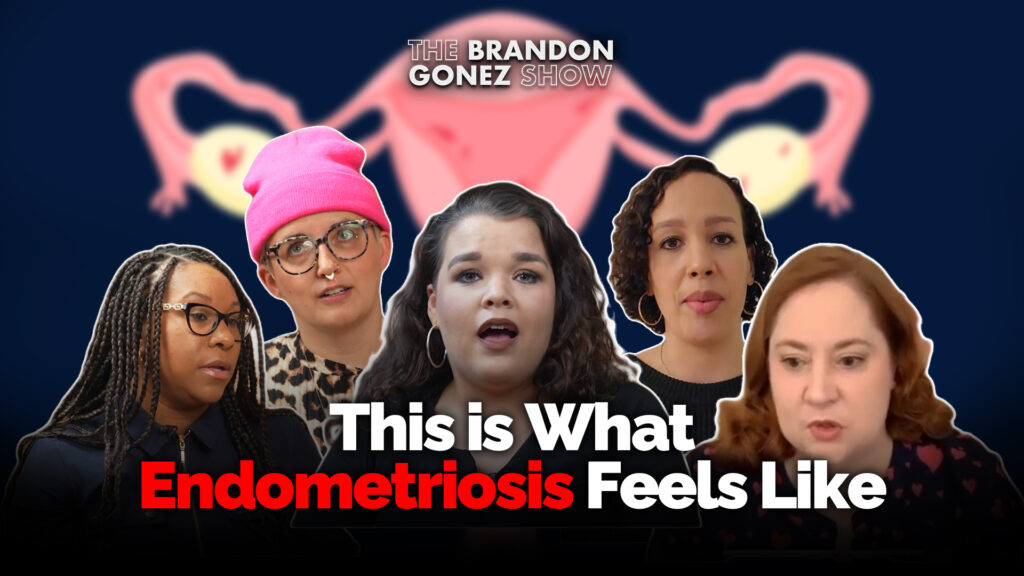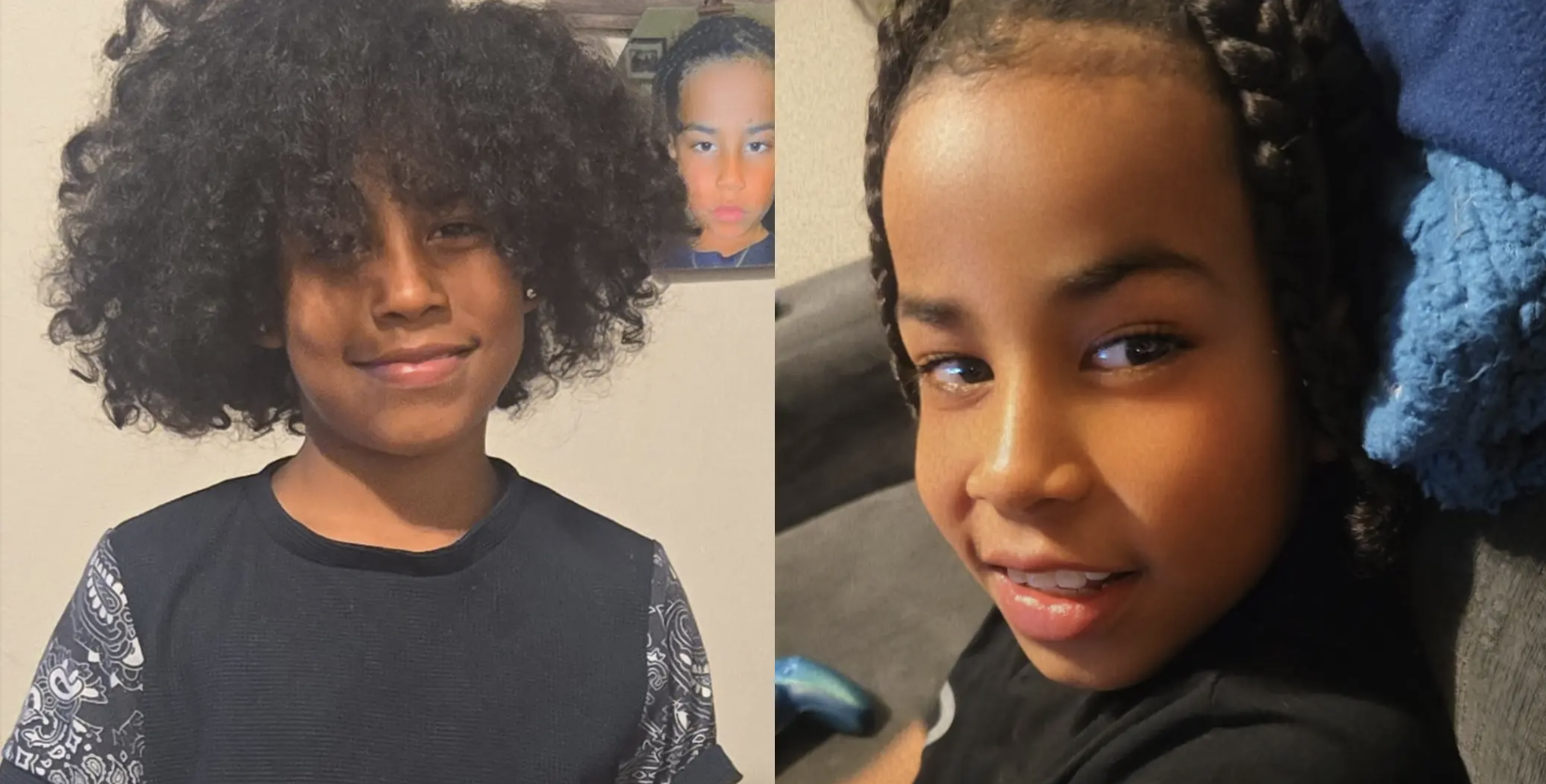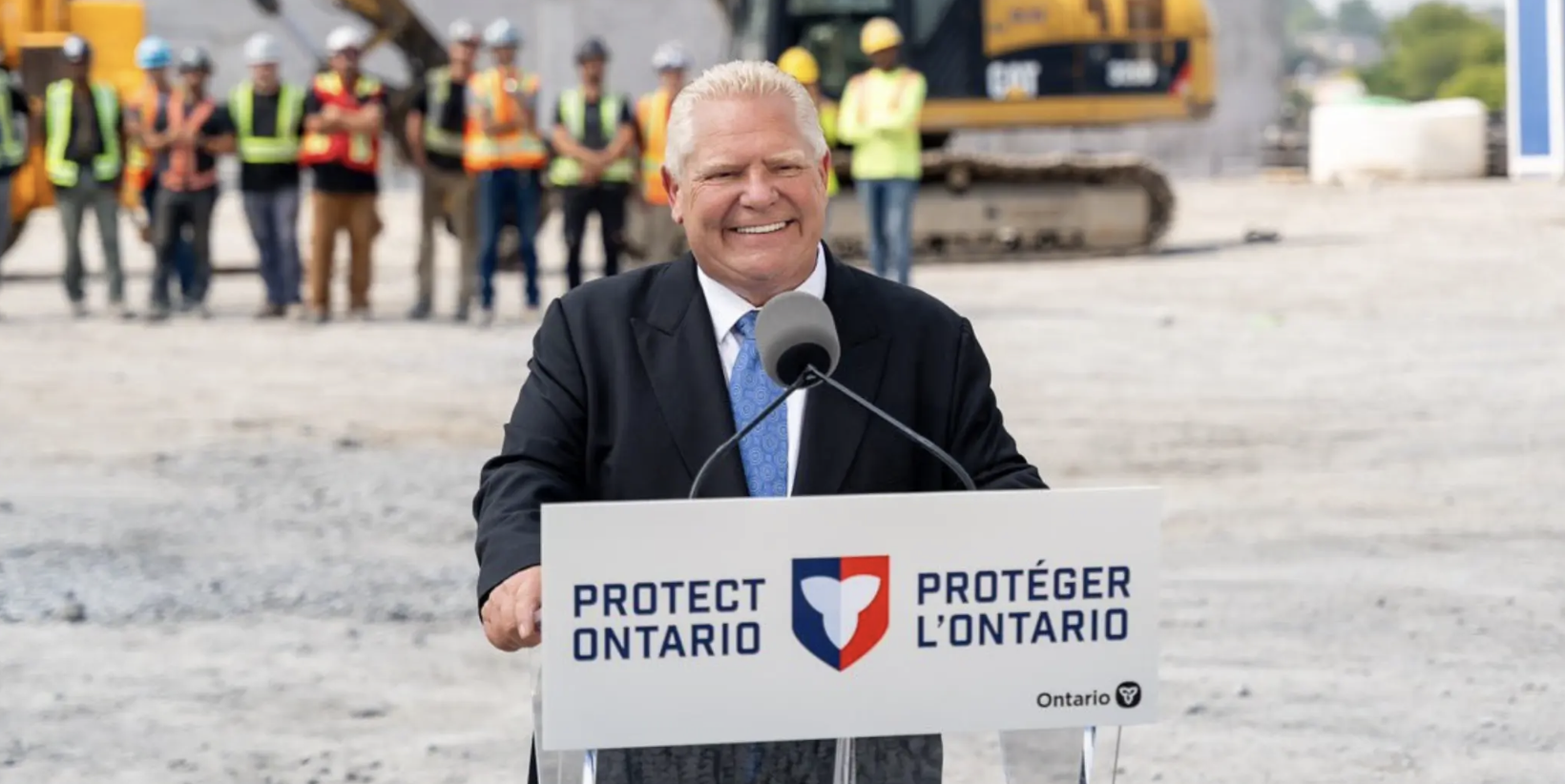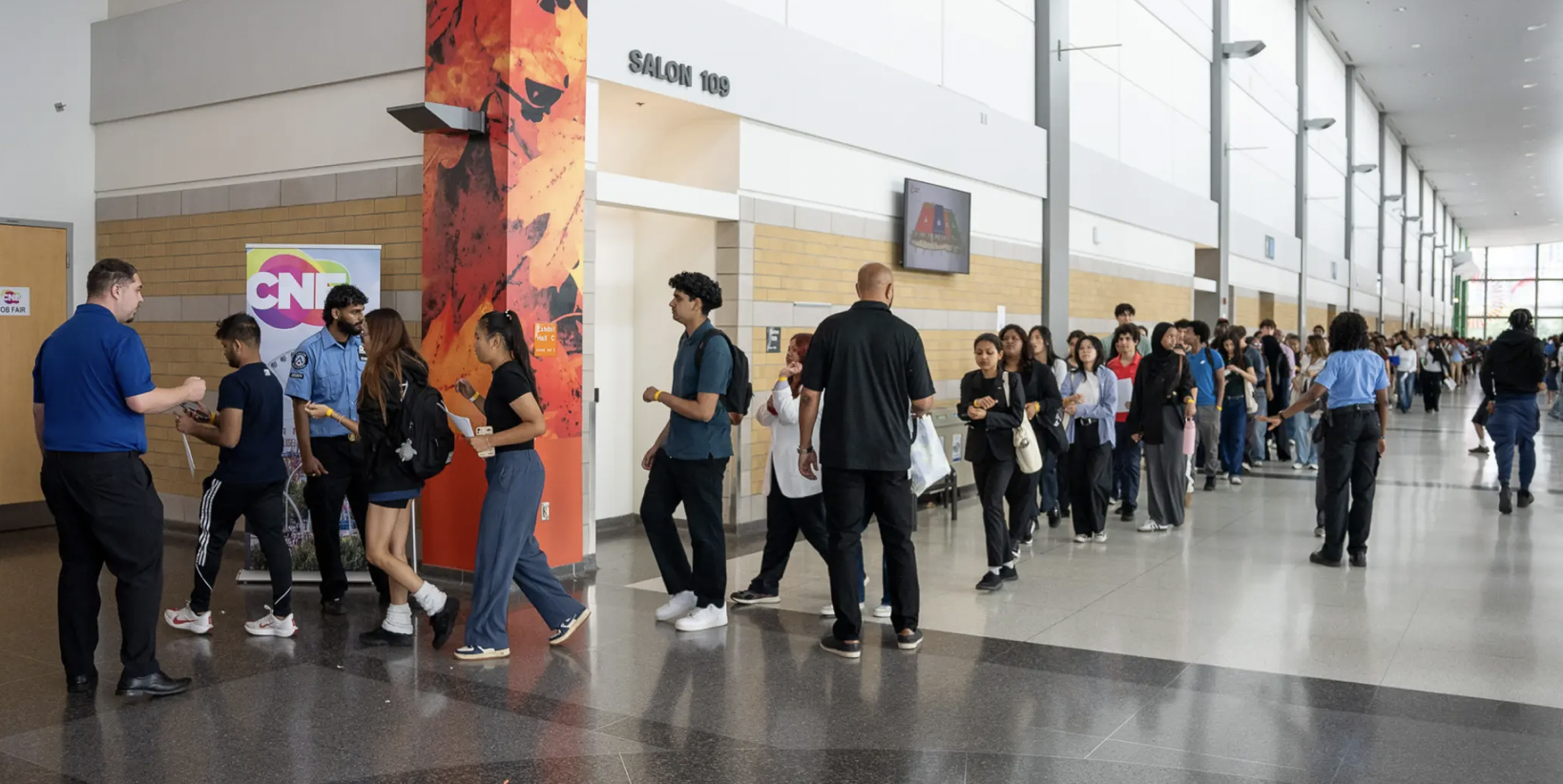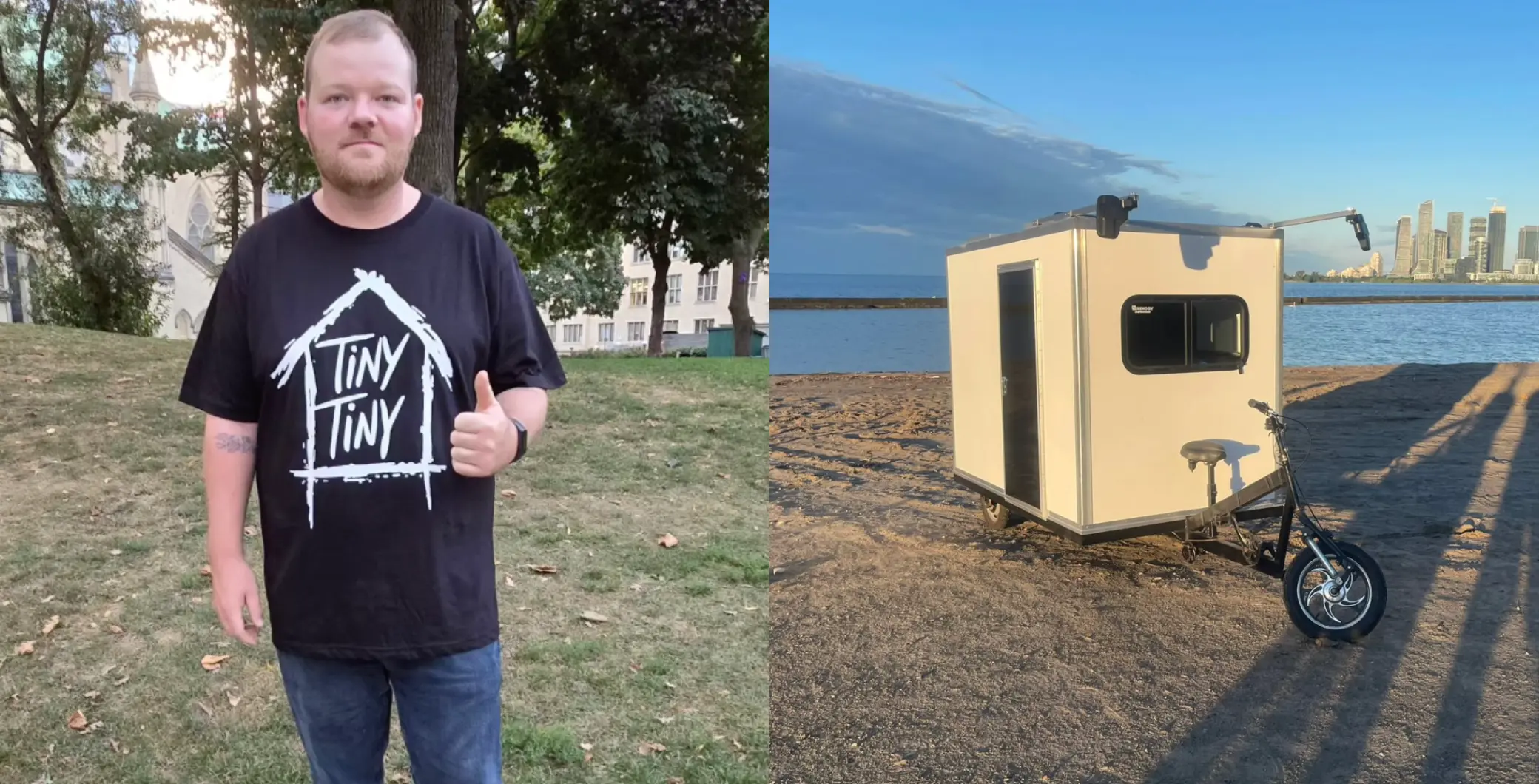CANADA — March is Endometriosis Awareness Month. Endometriosis is a disease that impacts about 10 per cent of women, and an undetermined number of non-binary, transgender, and gender-diverse people, causing life-altering symptoms like chronic pain. But what is it? And what does it feel like? We spoke to a variety of people living with endometriosis, or fighting for a diagnosis, to learn more about how the disease impacts their lives, and what they wish the rest of the world knew.
What is Endometriosis?
Endometriosis causes tissue, similar to the tissue that lines the uterus, to implant outside of the uterus, forming lesions, cysts, nodules, and other growths. Common symptoms of endometriosis include infertility, bloating, bladder issues, and gastrointestinal concerns. Another hallmark of endometriosis is chronic pain, including pain during sex and bowel movements, painful menstrual periods, back or leg pain during menstruation, and pelvic pain at any time of the cycle.
Dr. Modupe Tunde-Byass is a general obstetrician and gynecologist in the GTA, President of the Black Physicians of Canada, and a member of the Black Physicians Association of Ontario. She explained that endometriosis implants can occur in various places throughout the body, including the lungs and throughout the abdomen.
“Every month that you’re supposed to have your period you also bleed in all these different places,” Tunde-Byass explained.
“If you can imagine having bleeding elsewhere, outside of your uterus, pain is the biggest complaint.”
“If it’s in your lungs, you could have chest pain. So wherever this problem is, you can have pain. And the pain typically occurs every month,” she explained, adding that this pain is an important symptom for doctors to take note of.
According to the Endometriosis Network, it takes anywhere from seven to nine years from the time a person begins to complain of symptoms, until the time they are diagnosed. Tunde-Byass says that one of the issues is the way society normalizes menstrual pain.
“As a society, we think having bad period pain is normal, but it isn’t. So people say it’s OK to have period pains, and when you have children it will go away. That is normalization of the problem.”
Amie Archibald-Varley is a health equity advocate and nurse who explained why she believes there is such a delay in diagnosing endometriosis.
“Sometimes it can be mistaken for pelvic inflammatory disease, or IBS (Irritable Bowel Syndrome),” Archibald-Varley shared.
“I think one of the reasons [for the delay] may be that it’s characterized by these non-specific symptoms,” she continued, adding this is not her only theory.
“There is a history behind women talking about pain and pain management and really not being taken seriously,” Archibald-Varley continued, adding that more research needs to be done in this area.
Living with Endometriosis
Aside from her work in the medical field, Archibald-Varley has a personal connection with the disease. She shared that not only was her mother diagnosed with endometriosis, but she believes that she has it herself, and she’s looking for her own diagnosis.
“I have the same similar issues that she had, and it took such a long time for her to be diagnosed and eventually for her situation they ended up removing her entire uterus. And I don’t want that for me.”
“I feel that I deserve to have a good quality of life because this affects our quality of life,” Archibald-Varley shared, adding that it’s not fair that people living with endometriosis have to walk around in pain all of the time.
“I had posted last year about waiting for an appointment to see a gyno and it was a year out, and I’m still waiting.”
We spoke to several other people from the GTA about their experiences living with endometriosis, to learn more about how the condition impacts their day-to-day lives.
“Endometriosis to me feels like I’m rotting from the inside out,” Ashley Martin said.
“I feel this stabbing, burning, nauseating feeling, that feels like my organs are being destroyed.”
“It feels like a slow and painful death,” Emily Foucault said.
“There are times that it feels like I’ve just been cut on the inside of my pelvis like I’ve had surgery, and that I’m healing from surgery, but I haven’t had surgery,” Maggie Micallef shared.
We spoke to multiple people with endometriosis from a variety of different backgrounds and gender identities to find out more about their experiences living with the disease. You can hear more about their stories on this episode of The Brandon Gonez Show.

